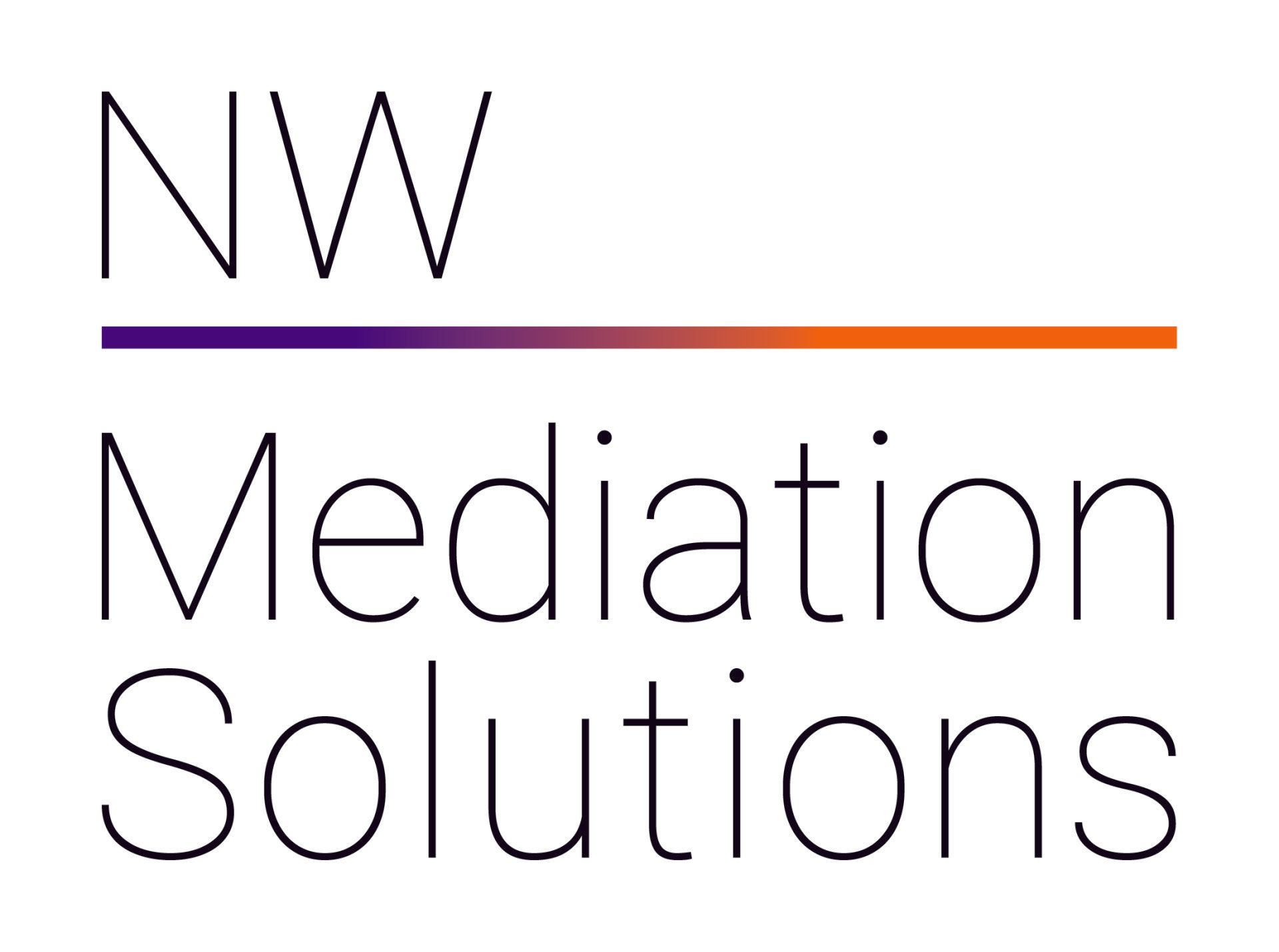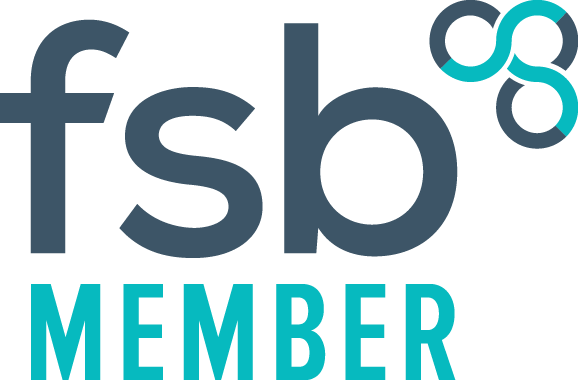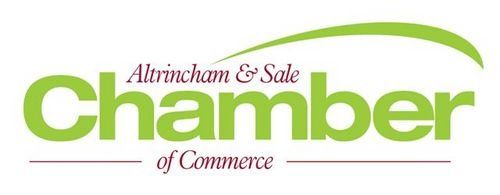12 Tips for Mediation
12 Tips for Mediation
The tips which are set out below are not exhaustive but are some pointers designed to help you understand the process and make the most of the mediation to help your client achieve a settlement.
Choice of Mediator
You will want a mediator who will understand your case but beyond that do you want a mediator with certain characteristics. For example, is the managing director of the other party stubborn and aggressive, in which case you might want a robust mediator who can “crack a few heads together.
Is it a very detailed case in which case a more analytical approach is needed: or would your client who is quite shy react better to a more sympathetic approach?
Speak to us about your thoughts. At NWMS we all have a different style. Victoria knows the mediators well and can help.
The Position Statement
The Position Statement is not a pleading and does not need to be as precise. It is without prejudice so it cannot be referred to later. However, it is your opportunity to explain your case to succinctly to the mediator and to show the mediator that you are on top of the case.
At the same time, it is also your opportunity to explain certain facts to both the solicitor acting on the other side and their client, especially if you consider that they have not understood your case. You can stress certain points in the Position Statement and, as the client will read it before the mediation, you can get the message to them.
It assists the mediator to set out who is attending and what offers have been made, if any.
The Opening Statement
You will have probably up to 10 minutes of advocacy in the opening session of the mediation and you have the opportunity to set the tone for the day. A lot of advocates miss this opportunity.
It is very important to decide what message you want to get across to the other party. While you can recite the facts of the case, the other side already know the facts, as does the mediator from reading your Position Statement. You only have a few minutes to make your point so, for example, do you want to:
- Remind the opposing party of the weaknesses of their case;
- Tell them what evidence you have and how it proves your case;
- Suggest that you would like to continue your commercial relationship to help the negotiations;
- Be conciliatory as you are going to be the paying party;
- Apologise to help the process.
The Decision Maker
If possible, get the person who is going to make the ultimate decision to settle to attend. While you can report back, it is always more difficult for them to gauge the mood and the dynamics of the mediation from a distance and understand what is happening. They do not get to hear first hand. If not, do make sure you have an out of hours phone number for that person as we know mediations can go on into the night.
Understanding the Weaknesses of your Case
It is important to understand the weaknesses in your case for two reasons. First, the mediator is going to be focusing on the weaknesses during the discussions with you to try and get you to reduce your settlement expectations. Secondly, how do you deal with the evidence which is against you, and how do you portray your case to the opposition as this will affect how they feel in terms of their risk and expectations.
Utilising the Strengths of your Case
You will have analysed your case and you will think that you have various strong points in your favour. Use them. Stress these to the mediator and he will almost inevitably go and tell the opposing party the strength of your case as in the early part of the mediation he tries to work out the facts of the case and moves on to considers the merits before the mediator then tries to lesson expectations in settlement terms.If you feel you have a strong point, ask the mediator to establish how they will deal with it. If they cannot, it is a point towards settlement. If they can, work it in as part your own assessment of the risks and merits of the case. It is better to find out at the mediation than during the court case after many thousands of costs have been incurred.
Expect the Unexpected
We have never seen a mediation where one party has kept back the "smoking gun". If they have one, they will use it.The other party, unless they have got it completely wrong, will have a case and thoughts on how they might win their case. Be prepared for them to have tactics which you had not thought of. That is the beauty of a mediation because you find out the other side’s case. All of us have had cases where unexpected documents materialise which your client had omitted to tell you about or the client forgot to mention a conversation where he admitted facts because they did not think the conversation was important!!
You will then need to weigh these into your considerations about risk, prospects of success and settlement.
Costs
The costs are always going to be a major part of any mediation and, in particular, the costs which will not be recovered on a costs assessment.
The mediator will want to know your costs to date and your costs going forward. It is always a good idea to have these prepared in advance of the mediation. Further, make sure that you have discussed the costs recently with your client. It never ceases to amaze us how quickly clients can forget those conversations. It is far better to have any awkward discussions about costs in private rather than in front of the mediator.
If there is a funding problem, it is far better to work it out prior to the mediation and have an answer for the mediator rather than allowing the mediator to focus on it as a reason for reducing your client’s settlement expectations.
Best and Worst Case Scenarios
At some point in the mediation the mediator is going to ask your client to focus on both the best case scenario and the worst case scenario of the litigation.
The mediator will probably then invite you to put a percentage chance of success on the case so that you can explore the consequences and the risk which the client faces.
We would recommend that you undertake this exercise, in some form, before the mediation so that it does not come as a shock to your client. Your client will have a certain level of appetite for risk and it is better this is discussed before the mediator raises the point.
Use your mediator
You can use the mediator to find out facts about the opposition’s case which you would either like to know to assess the strengths of your own case or simply fill in the gaps. Thought should be given prior to the mediation of what questions you want the mediator to pose to the other side to complete your picture of the case.
Even if your case does not settle at mediation, it is a great opportunity to find out the strengths and weaknesses of the opposing party's case so that you can undertake a much more informed cost risk benefit analysis with your own client, if they still wish to proceed with the litigation.
Be Creative
Lawyers sometimes become bogged down with trying to prove their case and win all the points against the other side. This helps when trying in the initial stages of the mediation to reduce the other party’s expectations. As a mediator you never know exactly how much effect it has had on one party as they hide their real views and discuss it with the solicitor when you have left the room. Therefore, it has its purpose but there comes a point in the mediation when one has to move on and focus more on the interests of the parties to produce a favourable settlement rather than continuing to run the legal arguments
Also, you are not constrained by a judge ruling on the facts that are presented to him. It is open to the parties to bring in other matters to achieve a settlement. For example:
- the profit margin could be adjusted on the future contract to compensate a loss on this one;
- a contract could be placed for a new order;
- another matter that is a source of conflict can be brought in to the settlement;
- a charge on the property for life;
- an apology or agreed statement;
- time to pay by instalments.
Consideration of the Settlement Agreement
It always helps to have a draft Tomlin order or a settlement agreement part prepared for when the mediation settles so the document is already part drafted. This often happens out of office hours when it is perhaps difficult to locate precedents and it saves time at the end of the day.
Also, it does assist to work out what terms might go in that agreement because again it is unlikely that specialist fee earners will be about at the time when the mediation settles to assist. Often the terms of settlement will be quite complex. For example, if it is a shareholder dispute, do you need various clauses drafting, resolutions preparing; if it is a property dispute, do you need some conveyancing clauses?









